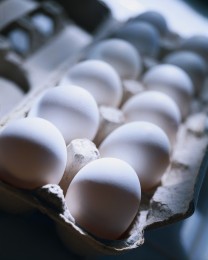 Sometimes putting dollars behind the message can really motivate people to change behaviors. That’s what a study published in the Journal of the Academy of Nutrition and Dietetics found regarding the reduction of health costs when eating a quality diet. This study is the first of its kind to associate cost savings to healthy eating.
Sometimes putting dollars behind the message can really motivate people to change behaviors. That’s what a study published in the Journal of the Academy of Nutrition and Dietetics found regarding the reduction of health costs when eating a quality diet. This study is the first of its kind to associate cost savings to healthy eating.
They study looked at two eating patterns recommended by the 2015-2020 Dietary Guidelines for Americans. They included the Healthy US-Style and the Healthy Mediterranean-Style diets. Health issues evaluated included reductions in cardiovascular disease, cancer, type 2 diabetes, Alzheimer’s disease and hip fractures.
The overall results showed cost savings ranged from $16.7 billion to $31.5 billion. This is based on a 20 percent increase in following the Mediterranean diet and Healthy US-Style respectively. That increase reduced cardiovascular disease, cancer, and type 2 diabetes when following a Healthy US-Style diet and these same diseases plus Alzheimer’s disease and hip fracture reductions when following the Mediterranean diet.
I think we all can use a little extra money in our pockets!
Source: https://jandonline.org/article/S2212-2672(18)30461-1/fulltext




